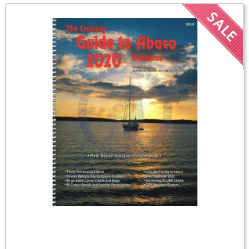The
IMSBC Code,
was first adopted on 4th
December 2008. It joined the force officially on 1 January 2011, from
where it became mandatory under SOLAS convention. As you know, the
International Convention for the Safety of Life at Sea talks about
the several aspects of maritime safety. Its sixth chapter discusses
all the provisions that govern the carriage of solid bulk cargoes.
 |
|
|
Some
of the most common hazards related to shipment of solid bulk cargoes
are structural damages, which happen as a result of improper cargo
destruction, chemical reactions, or reduction of stability. Following
the code strictly helps to harmonize the procedures as well as
practices that need to be followed. It also guides you on the
procedures when it comes to trimming, discharging, carriage, or
loading of solid bulk cargoes when they are passed through the sea.
They also ensure compliance with the provisions of SOLAS Convention.
There
are various publications that provide all the information regarding
the IMSBC code. If you are an administrator,
shipowner, shipper, or master, these publications are just the right
solution to understand the key requirements. They can give you a
higher confidence, so that you can tackle all the risks with ease.
So, wait no more and buy your guide today.




